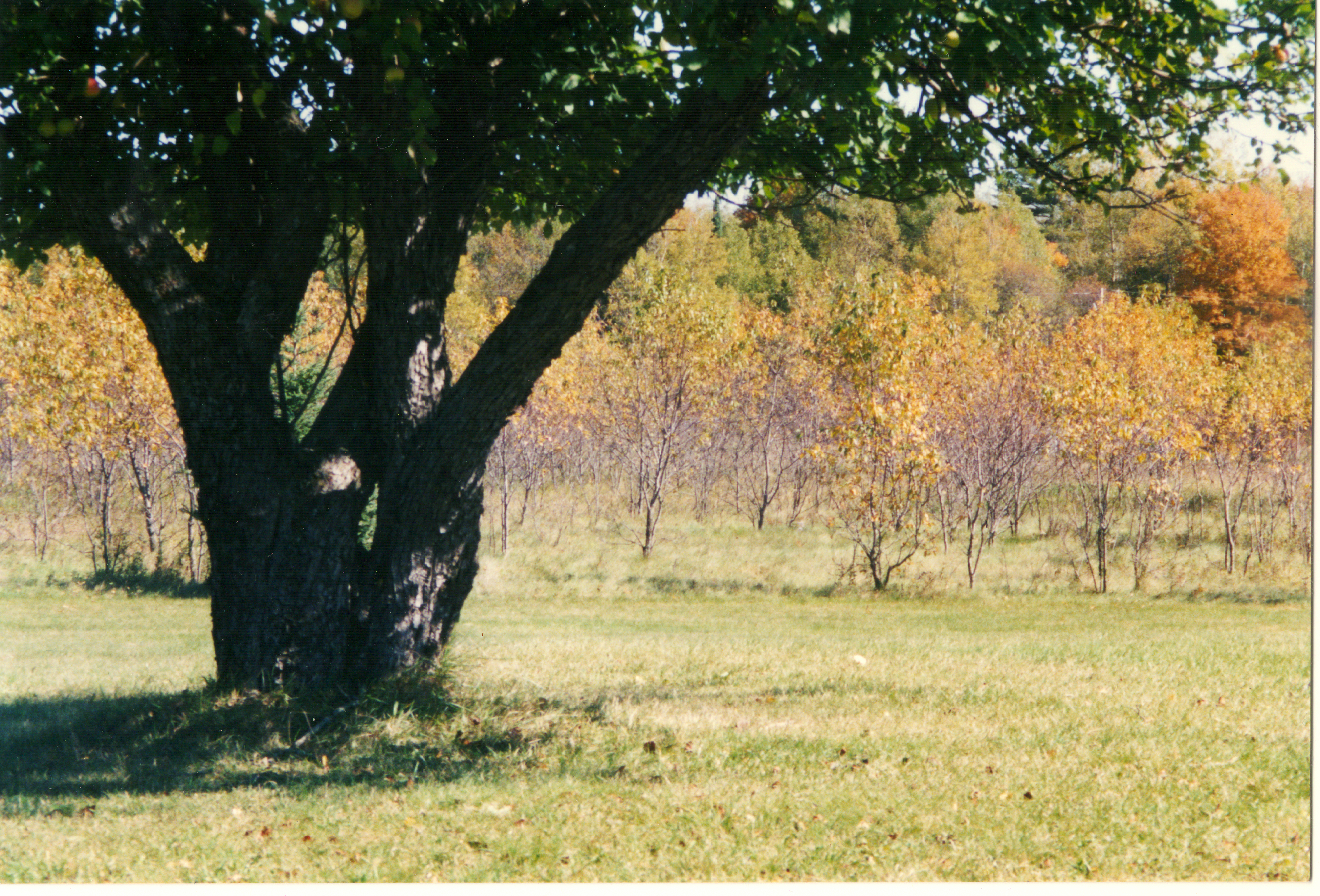Last summer, I turned my grandma Ines’ memoirs into an interactive book using iBooks Author. It was a lot of fun. I enjoyed combining her words with old photos, video interviews, digital stories and other archival material. And the editing process enabled me to reconnect with her and remember her stories and gestures.
I hoped that I could share this book with my family and that it might enable us to start talking about the farm again. Since the farm was sold in 2004, my family hasn’t talked about it, or our sense of grief over its loss, that much. But, that sharing never happened. Why? Part, but not all, of the reason was because not everyone in the family had an iPad (the book came out before iBooks was available for laptops). Even those who could get the iBook, didn’t have the time to read it.
After this failed attempt at connection, I decided that the iBook couldn’t be the only way that I should share farm stories. So, I started thinking about a more ambitious project, the one I’m working on here. But, even though I didn’t want to limit my story project to an iBook, I still envisioned incorporating iBooks (at least 2) into my project: 1) the already completed, Memoirs and 2) a short book combining a homemade photo book that my mom crafted in the summer of 2001 with my video footage and memories from that same summer.
This afternoon, I came across another idea for an iBook: Post Script. Here’s a description:
Made exclusively for iBooks, Post Script
offers you a literary and cinematic experience like no other. Watch as an independent film production unfolds through a curated collage of words, sounds, and images taking you deep into the creative process. Starting from the first e-mail conversations between novelist Leah Hager Cohen and director Patrick Wang (In the Family, witness the novel The Grief of Others find life as a film.
Post Script
I love the idea of documenting the process of creating the project! I’m trying to do that (to a lesser extent) on this blog.
